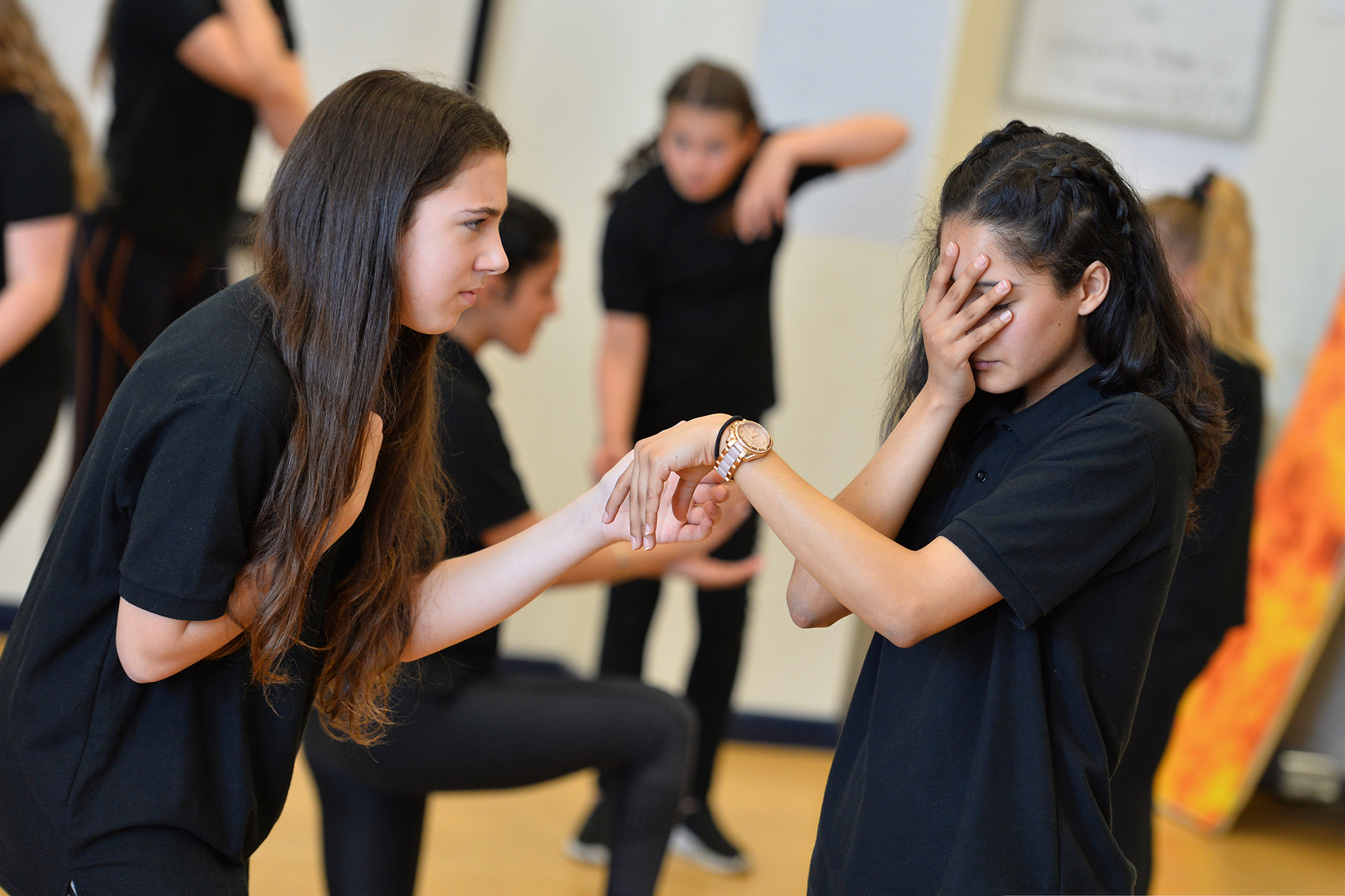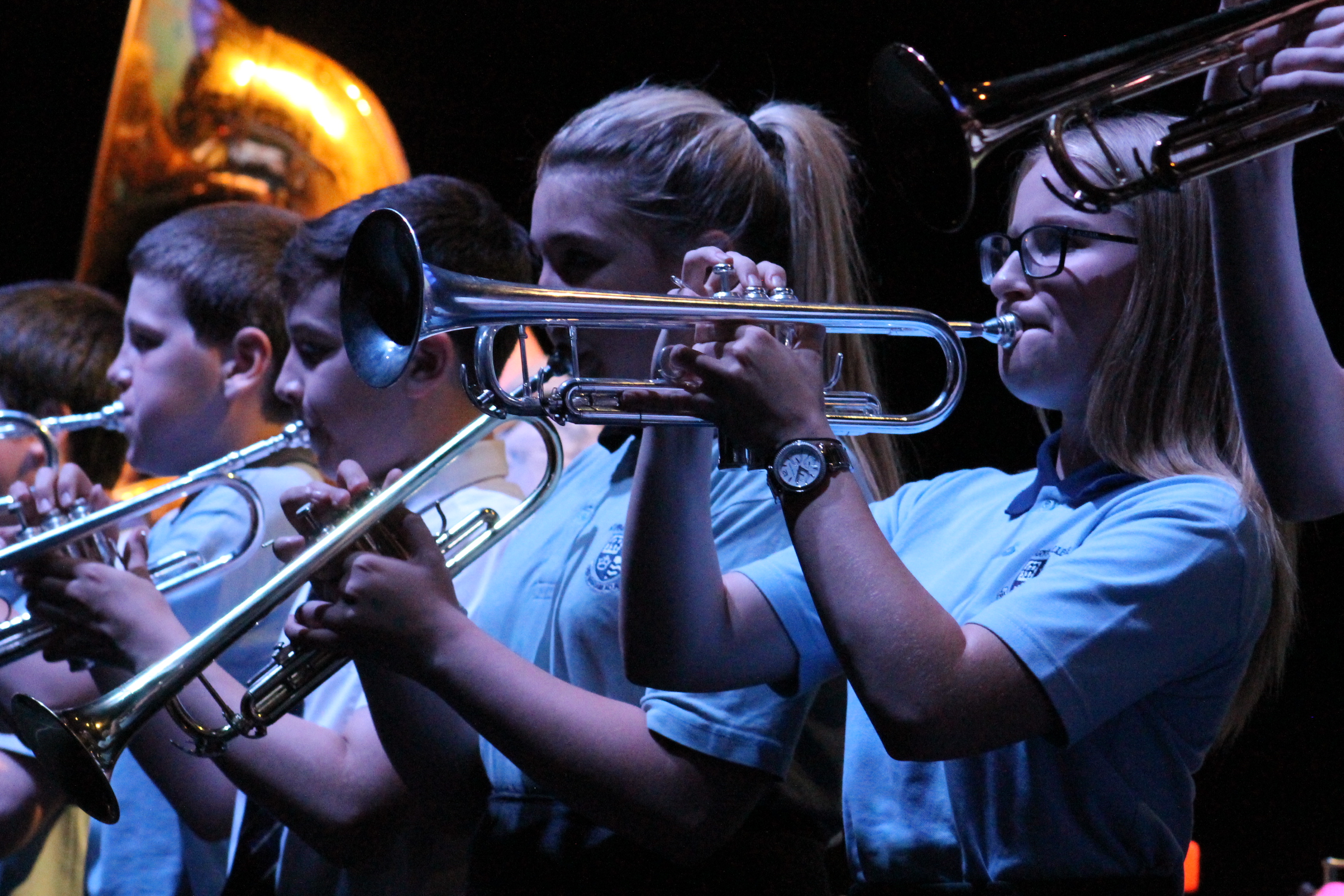
Supporting mental health and wellbeing through musical learning
BY: Natalie Christopher
08 February 2023
It only takes a quick skim through news and social media feeds to get a sense of the increased awareness we now have of mental health issues. There is no one-size-fits-all approach to maintaining our wellbeing, or supporting others with theirs, but studies suggest that musical intervention - such as singing, listening to music or music therapy - can have a significant positive impact. With this in mind, we have drawn up a short list of activities that might be used to partner students' musical learning with supporting their mental health.
Be inspired by each other's musical tastes
Engaging with a student's listening preferences is a great way of opening dialogue and building rapport, especially if they are identifying strongly with the work of a particular artist or genre. As well as strengthening your student-teacher relationship, developing this kind of understanding can have benefits to your teaching too; it might introduce you to new music, inspire repertoire selections, and provide further listening stimulus related to the pieces being learnt in class.
Sing!
There are many health benefits to singing, as Opera North outlines in their blog 10 reasons singing is good for you. Singing releases endorphins, serotonin and dopamine, which help boost your mood; encourages a greater awareness of breathing, helping to release anxiety; and provides a platform to express yourself. Why not take inspiration from our Rock & Pop Vocals and Musical Theatre publications for songs to learn? And don't forget - our new Singing syllabus will be released in March too!
Practise elements of the Alexander Technique
The Alexander Technique has been used by performers for decades as a way of tuning-in to their physical movements and habits, improving breath and vocal control, and preventing injury. It seeks to address tension within the body, encouraging participants to assess their posture before using breath control to help relax the muscles. You may encourage a student to practise elements of the Alexander Technique primarily to resolve physical issues with their playing, but the methods used may also have secondary benefits, encouraging them to stop and take some time to focus on relaxation and breathing.
Express yourself
Composition is an excellent creative outlet, used by many of the greats as a ways of expressing themselves, so why not incorporate some improvisation and composition into your classroom? You could start each lesson with a musical call and response, asking each student to articulate how they are feeling that day through short musical motifs. Students with a particular interest in this area of music can incorporate this into their exam preparation, performing their own composition or taking Improvisation as one of their Session Skills or Supporting Tests.
Play with others
For many, the joy or playing a musical instrument stems from the social interactions they get from being able to play in a group. This might be playing as part of a band, orchestra or choir but, equally, practising as a duo or trio can be just as rewarding. If you're leading ensembles - big or small - why not take a look at our Group Certificate exams and how progression in ensembles can be recognised.
For more blogs focused on supporting mental health and wellbeing through the arts, keep checking the Trinity blog over the course of this month.
Related posts
BY: Jeanne Perrett




Comments & Replies